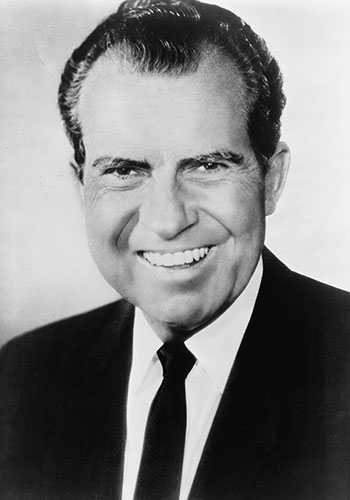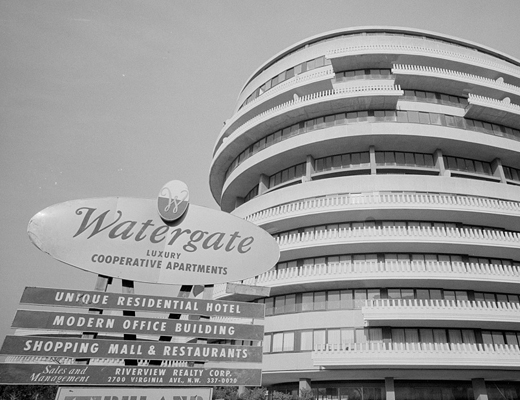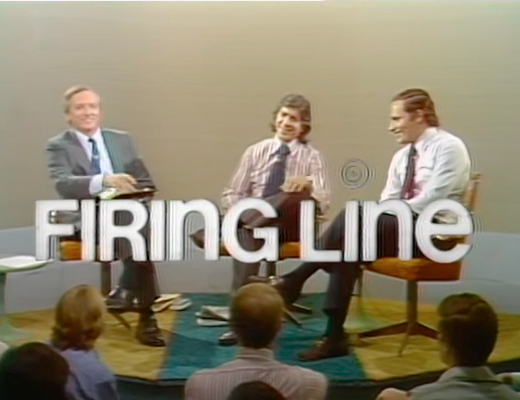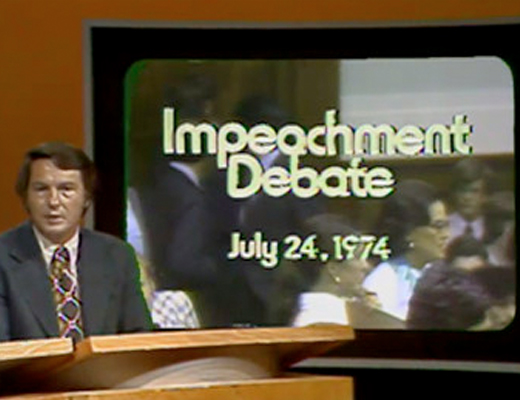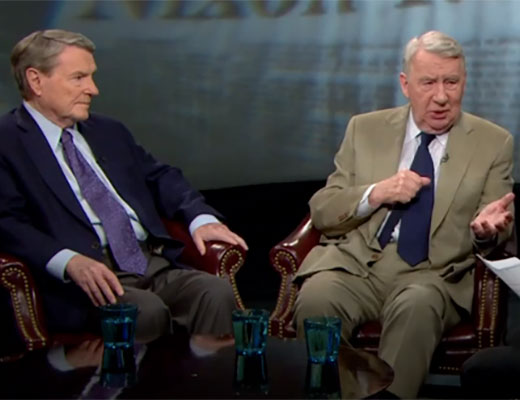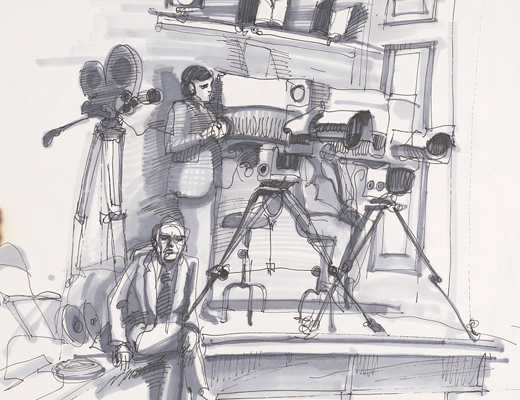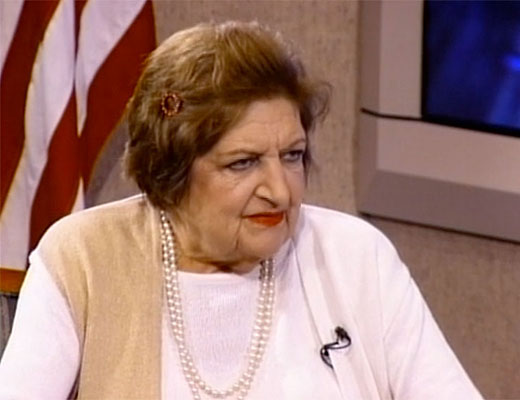“I am sick of press and TV reporters’ opinions on Watergate. You are the one station that gives it to us as it is and allows us to form our own opinions.”
—James Wilmeth, Ft. Worth, Texas, on the role of public television during the Watergate hearings
By its sixth broadcast, NPACT, coanchored by Jim Lehrer and Robert MacNeil, had received letters from more than seventy thousand viewers; one such comment appears above. Of these, 70,023 were favorable critiques and 573 were negative.
Public television was put on shaky ground during the Watergate era. While the government does not have editorial control over public television, stories emerged about how the Nixon administration wanted to cut its funding and had stacked the Corporation for Public Broadcasting’s board with politically friendly supporters. In the end, efforts to rid public television of its news programming remained unsuccessful, particularly following the popularity of the Watergate coverage.
Directions
Watch PBS’s Robert MacNeil and Jim Lehrer discuss their coverage of Watergate forty years after the hearings, and answer the questions in the boxes below.
Jim Lehrer (left) and Robert MacNeil (right) on PBS NewsHour’s “Covering Watergate 40 Years Later with MacNeil and Lehrer" Courtesy of WETA/NewsHour Productions
